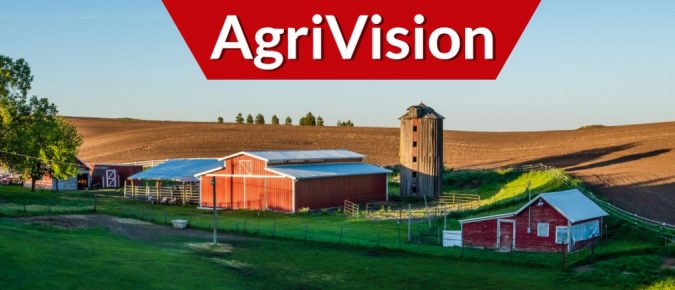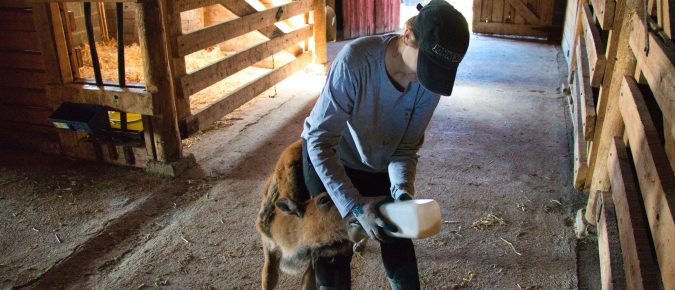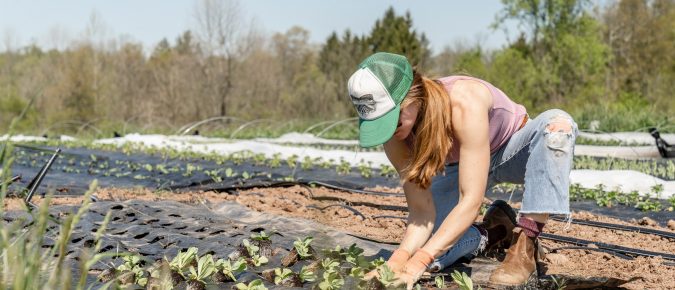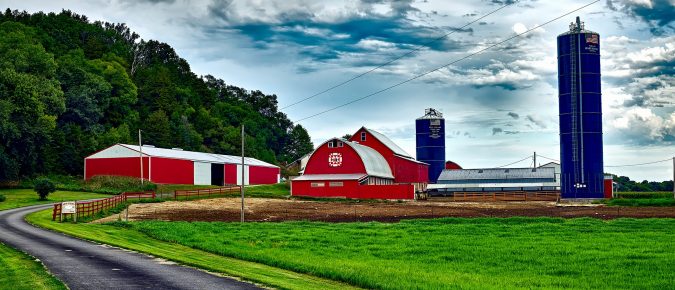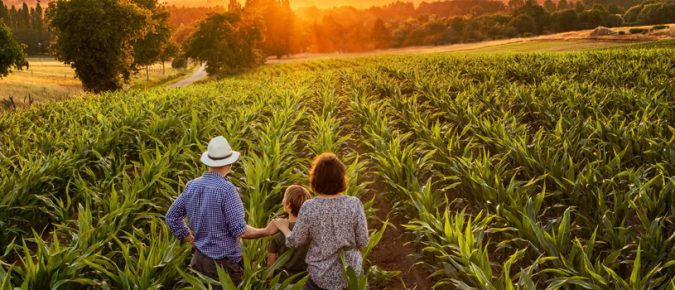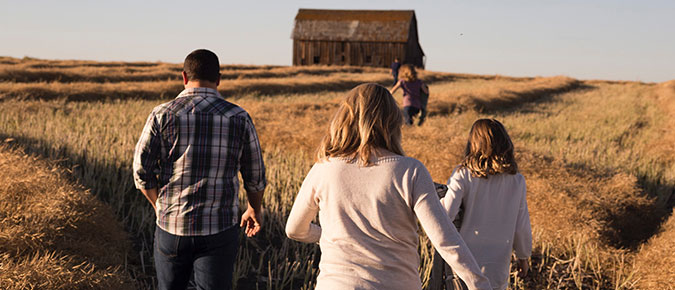Strategic thinking is the intuitive, visual, and creative process you use to make decisions about your farm business. Strategic thinking is all about thinking ahead, anticipating what your competition is going to do, and then taking risks to succeed.
The Wisconsin Farm Succession Professionals Network bring educators, agencies, and service professionals together to build knowledge and skills and to discuss coordinating efforts in farm succession to better serve the Wisconsin agriculture community.
Host Katie Wantoch and Jim Versweyveld, Agriculture Extension educator in Walworth County, discuss viability of a dairy farm and future retirement options for a farm couple.
When working through developing a plan to transfer management decisions it is important to realize that management decisions should be transferred incrementally. Having a framework of when management decisions will be transferred will give both the owner and the successor generations peace of mind.
In farming, sweat equity is a term that is loosely used to define how established farmers use payment of a commodity or capital assets to replace some of the cash wages for employees. Sweat equity is also the term sometimes used to compensate a successor for years of labor and management that helped build the owner generation’s wealth.
In farming, sweat equity is a term that is loosely used to define the practice of using a commodity or capital asset to replace some of the cash wages for employees. Often times farms do not know how to document sweat equity as a payment for wages.
Host Katie Wantoch and Kaitlyn Davis, Extension Agriculture Educator in LaCrosse County, discuss if a farmer and his son should prioritize paying down debt this year instead of replacing some equipment.
Host Katie Wantoch and Jim Versweyveld, Agriculture Extension educator in Walworth County, discuss a female farmer who needs to have a conversation with her dad about her future and their family farm.
Research shows that the division of assets for inheritance is a common tension around farm succession planning. In some cases, the tension can be so great that the owner generation avoids making a decision until it’s too late. Take time to learn the contrast between fair vs. equal distribution of farm assets.
The best way to divide farm assets is a challenge that farm families face with each generation of owners. The fear of upsetting one’s children often causes parents to divide farm and family assets equally among all heirs. This is the second of a 3-part series about fair vs equal distribution of farm assets.
A common misconception in farm estate and succession planning is that federal estate taxes are among the biggest threats to getting the farm assets to the rightful heirs. However, we propose that the biggest threat to a farm estate getting to the rightful heirs is the owner generation’s lack of succession planning and not federal estate taxes.
During the farm succession process it is common for the owner generation and the successor generation to discuss a transfer of assets. However, a conversation about the transfer of management – which is important to the success of the farm succession – is often overlooked.
Core values are the guiding principles that dictate a person’s behavior. Understanding a person’s core values will help you to understand why people do the things they do. When going through a farm succession it is important for the parties to have open conversations about the process. Knowing the other parties core values can help make these conversations more productive and enjoyable.
The monthly and annual spending plan worksheets located in the Cultivating your Farm’s Future workbook can be used to attribute expenses to the household and farm. In a farm succession, these worksheets can be used by both the owner and successor generation.
The monthly and annual spending plan worksheets located in the Cultivating your Farm’s Future workbook can be used to attribute expenses to the household and farm. In a farm succession, these worksheets can be used by both the owner and successor generation.
Business succession planning just doesn’t happen. Producers must intentionally focus on the planning and work with a team of professionals. Here are ten steps and questions that farmers can do as they prepare for succession planning.
A statement often made with professional athletes is that they stayed in the game beyond the years of their peak performance. Of course, the couple million they made for their time, helped ease the transition! However, we may ask the same question of a farm business, when is it time to gracefully exit, when are we trying to stay in the business too long beyond peak performance?
The thought of leaving a business or career that one has always known can be uneasy and downright scary, but along with those thoughts, there are many positives that can come along with making a change. As business owners, farmers develop all types of skills. By evaluating their best skills and matching them with their own personal core values can be a usual exercise to plot a course for the future.



